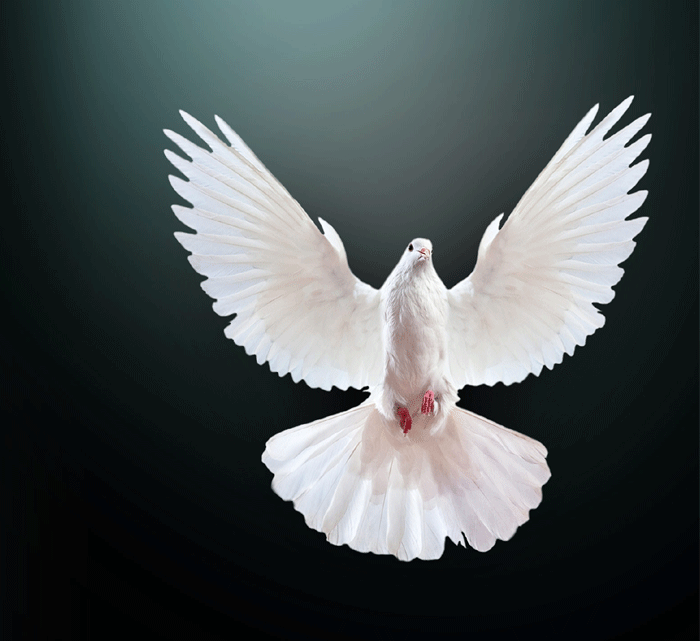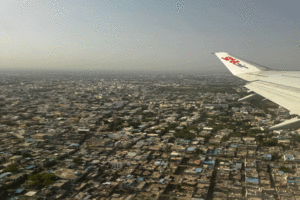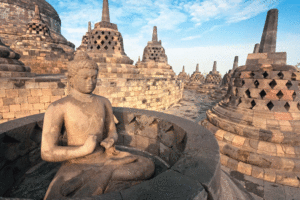P. Pilgrim
What are the reasons for nations going to war against their neighbours? For the past year Russia has been trying to invade one of its neighbouring countries, Ukraine. On 24 February 2022, president Putin of Russia launched what he describes as a “special military operation”, ordering tens of thousands of Russian troops into neighbouring Ukraine from the north, east and south. Hoping for a swift victory, Russian forces move on the capital Kyiv but were eventually forced to retreat. Now a year on and the territory they won in that initial attack has been lost to the counter offensive of the Ukrainian troops. The spirit of residence of the residents of Ukraine to the aggression of Russia has surprised the world. The Ukrainian people wish to live in peace with Russia, but not under the control of Russia. They are a proud nation though seldom have been able to rule their own country. During the Middle Ages, Ukraine was the site of early Slavic expansion and the area later became a key centre of East Slavic culture, which emerged in the 9th century. The state eventually disintegrated into rival regional powers and was ultimately destroyed by the Mongol invasions of the 13th century. The area was then contested, divided, and ruled by a variety of external powers for the next 600 years, including the Tsardom of Russia. Ukrainian nationalism developed, and following the Russian Revolution in 1917, the short-lived Ukrainian People’s Republic was formed 1917 -1920. The Russians consolidated control over much of the former empire and established the Ukrainian Soviet Socialist Republic, which became a constituent republic of the Soviet Union when it was formed in 1922. However, Ukraine gained independence in 1991 as the Soviet Union dissolved. A new constitution was adopted in 1996 with a new democratic government formed in 2014 more like the western democracies in Europe. However, since then Russia has tried to destabilise its neighbour as it watches it flourish under its own government. Russia wants to return to the days of the Tsardom and control vast lands across Eastern Europe. They wish to dominate again the lives of these peoples nevertheless these nations have tasted freedom and self determination and are not interested in returning to be governed by foreign powers. Thus, we have the invasion of Ukraine with the threat of further escalations into other lands.
The cost to human life has been in the thousands, dozens of people alone were killed in a missile strike on a train station in Kramatorsk as women, children and elderly people were trying to flee the fighting. Soldiers on both sides have lost their lives and for what a dream of a former glory and power? One man´s ideal of a new and greater Russia! Sadly, some individuals are able to speak so enticingly that people follow after them like Putin is able to do with the people in his country. The words of King David in Psalm 55 verse 21 should be a warning to all who read them, “The words of his mouth were smoother than butter, but war was in his heart: his words were softer than oil, yet were they drawn swords”. Many people have been drawn into conflicts by the smooth talk of others. Putin has been able to brainwash his own people with his lies and deceits to support his desire for power and control. In the gospel of Matthew 5 verse 9 Jesus Christ says “Blessed are the peacemakers: for they shall be called the children of God”. Christ wants us to be peacemakers not warmongers. He wants men to live tranquil lives with the neighbours and not be fighting and arguing with all around them. Christ is the perfect example of a peacemaker for he made peace between God and man when he suffered and died on the cross. He reconciled God and man and become peace for all who would trust in him.
Picture only for simbole




